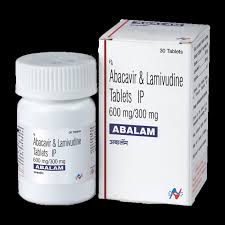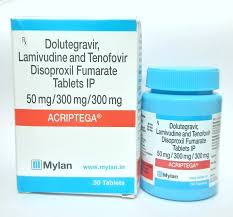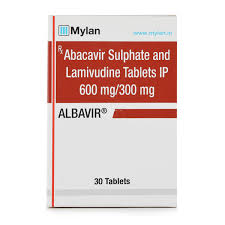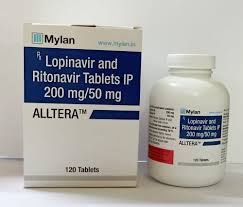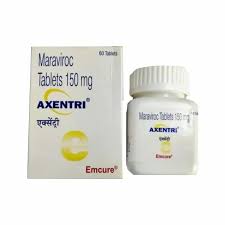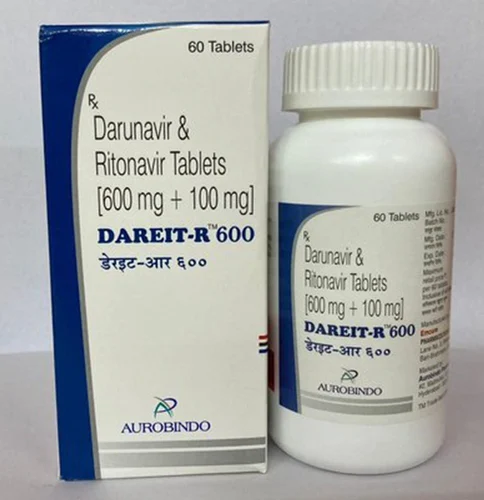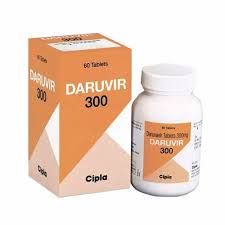HIV Aids
Showing 1–20 of 116 results

Wholesale Supplier and Exporter of HIV AIDS Medicines
HIV/AIDS medication is a combination of antiretroviral therapy (ART) medications that work together to manage Human Immunodeficiency Virus (HIV) infection and Acquired Immune Deficiency Syndrome (AIDS). These medications are designed to slow the progression of HIV, reduce the risk of transmission, and improve the quality of life for people living with HIV.
Types of HIV/AIDS medication:
There are several types of HIV/AIDS medications, including:
Nucleoside reverse transcriptase inhibitors (NRTIs): These medications, such as zidovudine (AZT), lamivudine (3TC), and abacavir (ABC), work by blocking the action of an enzyme called reverse transcriptase, which is necessary for HIV to replicate.
Non-nucleoside reverse transcriptase inhibitors (NNRTIs): These medications, such as nevirapine (NVP), delavirdine (DLV), and efavirenz (Sustiva), also work by blocking the action of reverse transcriptase.
Protease inhibitors (PIs): These medications, such as indinavir (IDV), ritonavir (RTV), and saquinavir (SQV), work by inhibiting the action of an enzyme called protease, which is necessary for HIV to assemble new viruses.
Integrase inhibitors (INIs): These medications, such as raltegravir (RAL) and elvitegravir (EVG), work by blocking the action of an enzyme called integrase, which is necessary for HIV to integrate its genetic material into the host cell’s DNA.
Entry inhibitors: These medications, such as enfuvirtide (T-20) and maraviroc (MVC), work by preventing HIV from entering host cells.
Fusion inhibitors: These medications, such as enfuvirtide (T-20) and vicriviroc (VCV), work by preventing HIV from fusing with host cells.
How do HIV/AIDS medications work?
HIV/AIDS medications work by interfering with the virus’s ability to replicate and spread within the body. They can:
Prevent HIV from entering host cells
Block the action of enzymes necessary for HIV replication
Inhibit the assembly of new viruses
Interrupt the integration of viral genetic material into host cells
Side effects of HIV/AIDS medications:
Common side effects of HIV/AIDS medications include:
Nausea and vomiting
Fatigue and weakness
Headaches and dizziness
Abdominal pain and diarrhea
Skin rash and itching
Changes in blood sugar levels
Changes in cholesterol levels
Important considerations:
HIV/AIDS medications are typically taken in combination with other medications to achieve optimal results.
It’s essential to take these medications as prescribed and to complete the full treatment course.
Resistance to certain medications can develop if not taken correctly.
Regular monitoring of viral load and CD4 cell count is necessary to adjust treatment regimens and prevent resistance.
Patients with pre-existing medical conditions or who are taking other medications may need to be monitored closely for potential interactions.
It’s important to note that HIV/AIDS treatment is highly individualized, and the best medication regimen for an individual will depend on factors such as their viral load, CD4 cell count, medical history, and overall health.



